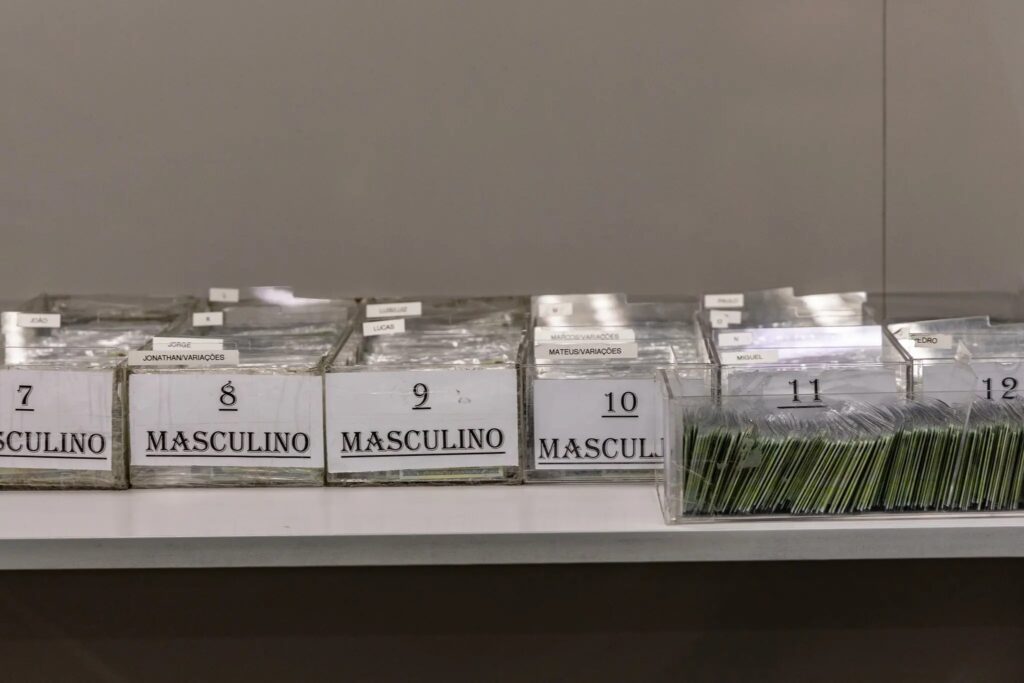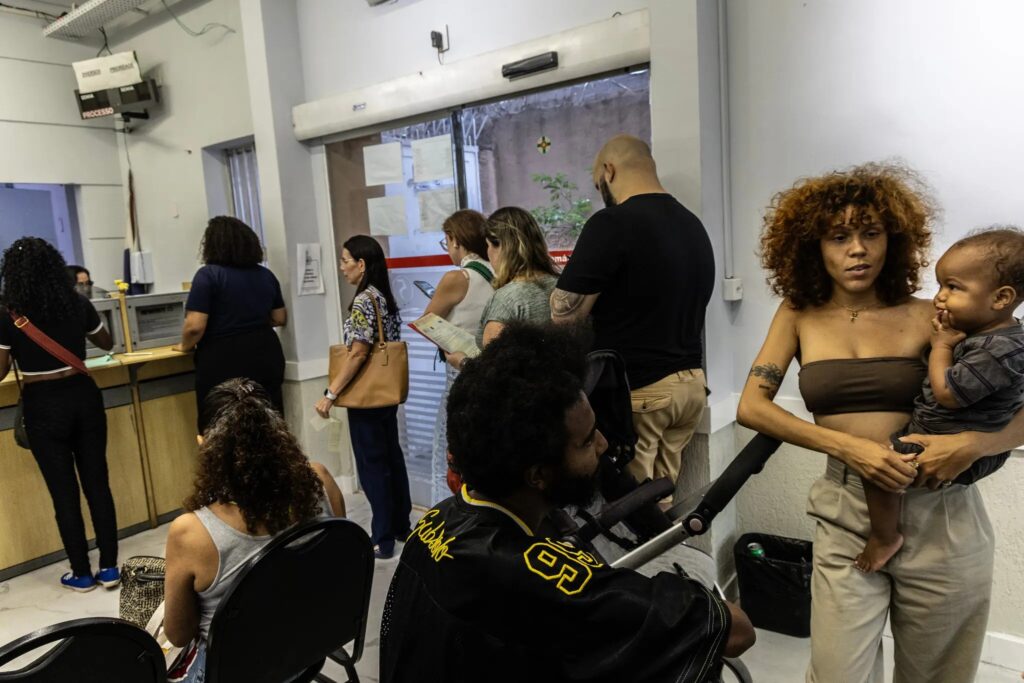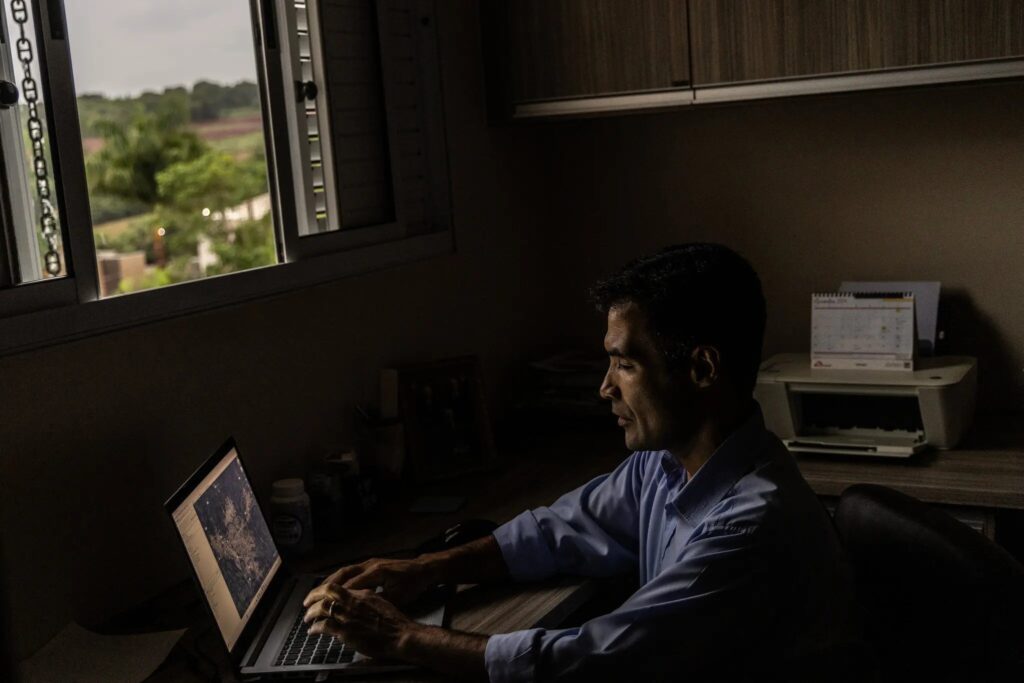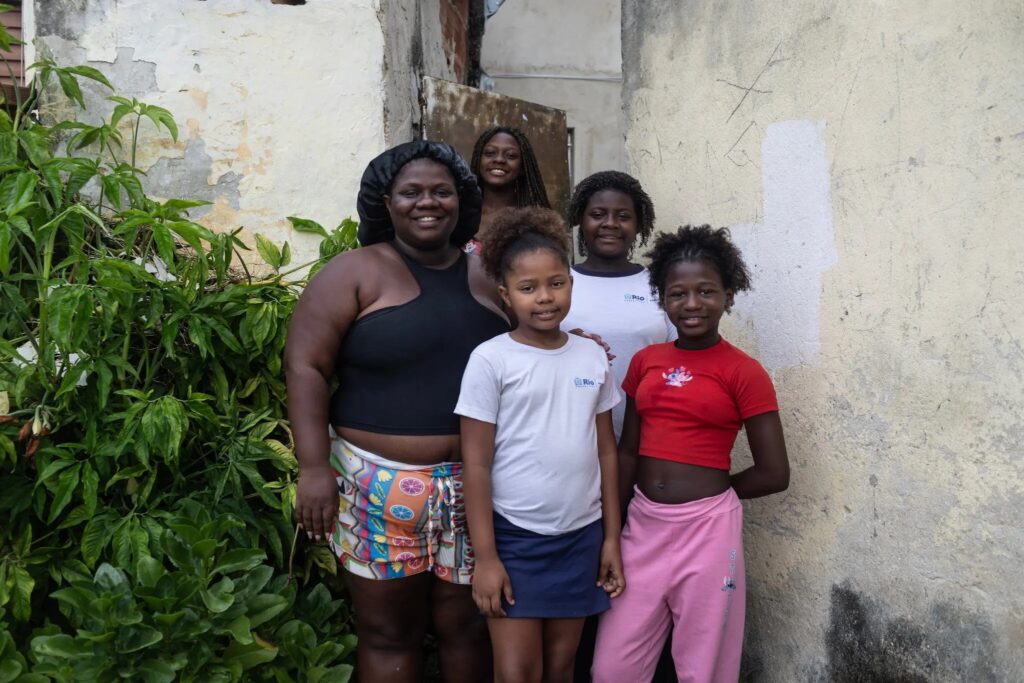Silva, the surname of presidents and soccer stars, has long carried stigma over its colonial links. Now, many see its legacy in new ways.
By Ana Ionova, The New York Times

Fernando Santos da Silva’s surname — shared by 150 relatives — is an heirloom from a grim chapter of Brazil’s history.
Like millions of others in Latin America’s most populated country, he inherited it from his ancestors who were once enslaved, likely named after their captors.
With its painful roots, Silva was long a source of shame even as it became Brazil’s most common surname.
But today, the name is treated in a starkly different light.
“Silva is a symbol of resistance,” said Mr. Santos da Silva, 32, an antiques vendor from Rio de Janeiro. “It’s a connection, both to the present and to my ancestors.”
Whenever you meet a Brazilian, there’s a good chance that Silva is tucked somewhere in a lengthy, melodic last name. If not, they certainly have a friend or relative who has the name. (Most Brazilians use the surname of both their mother and father.)
Silva is found in the name of the nation’s president, Luiz Inácio Lula da Silva, and its most celebrated soccer player, Neymar da Silva Santos Júnior. It’s also shared by some five million other Brazilians, from movie stars and Olympic medalists to teachers, drivers and cleaners.
Exactly how Silva spread across Brazil — one in 40 Brazilians has the name — is the subject of some debate. But historians agree that much of its popularity is linked to slaveholders who gave the name to many enslaved people who then passed it down to future generations.

Marked by its colonial roots, the name was for decades synonymous with poverty and oppression in a majority Black country that only abolished slavery in 1888, and where deep racial and economic inequalities persist.
Few Brazilians embraced the name in the past. Many prominent figures, including Ayrton Senna da Silva, a Formula One driver in the 1980s and ’90s, quietly dropped Silva from their names.
But as Brazil rethinks how its brutal past helped shape the country’s identity, more and more well-known people are spotlighting their surname, conveying the idea that there’s nothing shameful about being a Silva.
Celebrities like the mixed-martial arts fighter Anderson Silva and a popular musician who goes simply by Silva fill many Brazilians with admiration and transform the name’s image.

“Today, we are in all kinds of places,” said Rene Silva, an activist from one of Rio’s largest slums and the host of a television program showcasing the success stories of people, both famous and ordinary, with the name. “It shows that we are fighters — and we are winning.”
The name’s ubiquity was on full display on a recent afternoon in a busy notary public in Rio de Janeiro.
Behind a counter, Tiago Mendes Silva, a 39-year-old clerk who inherited the name from both his parents, stamped and sealed documents.
“There’s always a Silva or two around,” said Mr. Mendes Silva, one of the notary’s seven employees with the name.
On the other side of the counter, Juscelina Silva Morais, a 59-year-old cafeteria worker, handed over a document she needed legalized. “This name is part of our story,” she said. “It’s as Brazilian as it gets.”
Mr. Santos da Silva, the antiques vendor, was also there with his partner, Tamiê Cordeiro, filing for a marriage license. “I’m not a Silva yet,” joked Ms. Cordeiro, 27. “But I will be soon.”

Some historians trace the name Silva back to the Roman Empire, where there is a record of a general with the name. Others link it to noble families in the Iberian Peninsula, a region now home to Spain and Portugal, during the reign of the Kingdom of León, which formed in the 900s.
Derived from the Latin word “selva,” or wilderness, the name became common in the 11th and 12th centuries among those who lived and worked near forests in that region.
“There are many possible origins,” said Viviane Pompeu, a genealogist who runs a firm that helps Brazilians trace their ancestry. “But we notice that the root always comes from a place in the woods, in the jungle.”
The name arrived in Brazil with colonization, with the first record dating to a Portuguese settler in 1612. Notaries began tracking names about a century later and, since then, nearly 32 million Brazilians have been registered as Silva, according to data compiled for The New York Times by the national association of registrars.

Scholars say African slaves arriving in Brazil by ship were sometimes baptized by priests who gave the name Costa (“coast” in Portuguese) to those headed to coastal cities and the name Silva to those destined for plantations in the country’s wild forested regions.
Wealthy landowners named Silva also often gave the surname to people they enslaved, sometimes slipping in the preposition “da” (“of” in Portuguese) to label them as property.
“John of Silva — he belonged to someone from the family Silva,” explained Rogério da Palma, a professor at the State University of Mato Grosso do Sul and the author of a book on racism in post-abolition Brazil.
Even after Brazil abolished slavery, the number of Silvas kept swelling. Freed slaves registering for documents for the first time sometimes took the name of the landowners who had once enslaved them and continued to employ them in exchange for room and board.
“It was a way of belonging,” Dr. Palma said. “It was also loyalty he had to that slave-owning family.”
More than a century later, echoes of this past surfaced in Daniel Fermino da Silva’s own family tree.
A history buff, Mr. Fermino da Silva, 45, spent more than three years searching for traces of his ancestors in archives and libraries. He eventually discovered a family history deeply “intertwined with the history of Brazil.”
On his mother’s side, he descended from wealthy landholders from São Paulo who had once enslaved people. On his father’s side, records from the 1700s showed that his Silva ancestors had been enslaved some 500 miles away, in the mineral-rich state of Minas Gerais.

“I see my family and my ancestors as heroes,” Mr. Fermino da Silva, an engineer from the southern city of Londrina, said, referring to his father’s family.
It’s less clear how Brazil’s president, the son of illiterate farmers from the country’s impoverished northeast, inherited the nation’s most popular name.
During colonial rule, the region where Mr. Lula was born saw an influx of Jewish refugees and other migrants fleeing religious persecution in Portugal. Seeking new identities — and anonymity — historians say many new arrivals swapped their names for Silva.
Some scholars believe that might be how Mr. Lula ended up as a Silva. But genealogists have struggled to trace his roots with any certainty.
“It’s a big mystery,” said Fernando Morais, Mr. Lula’s official biographer, who has tried to piece together the president’s family history.
The president doesn’t seem to mind. A former union leader with a fifth-grade education, Mr. Lula considers himself “just another Silva,” according to Mr. Morais. “It’s the name of the people.”
Among the elite, though, Silva often tells a story of privilege. At least four Brazilian politicians and lawmakers, including a former president, had ancestors with the name who had links to slavery, according to data compiled for The New York Times by Agência Pública, a nonprofit investigative outlet that recently mapped the ancestry of Brazil’s most powerful people.
In popular culture, the experience of the average Silva was long embodied by a popular 1990s funk song about a working-class man who falls victim to the violence ravaging Rio’s poor, mostly Black suburbs. “It’s just another Silva whose star doesn’t shine,” the lyrics say.

Hearing the song always moved Marcelle da Silva Oliveira, 36, whose father was killed by drug traffickers in a working-class Rio neighborhood when she was young. But, for years, she was ashamed of the surname.
“I would say, ‘I don’t know any Silva who made it in life,’” said Ms. da Silva Oliveira, a domestic worker.
But Ms. da Silva Oliveira’s view eventually shifted and she has passed the surname down to her own six children.
“We lived through so much, so much humiliation,” she said. “Our name is a sign of survival.”
